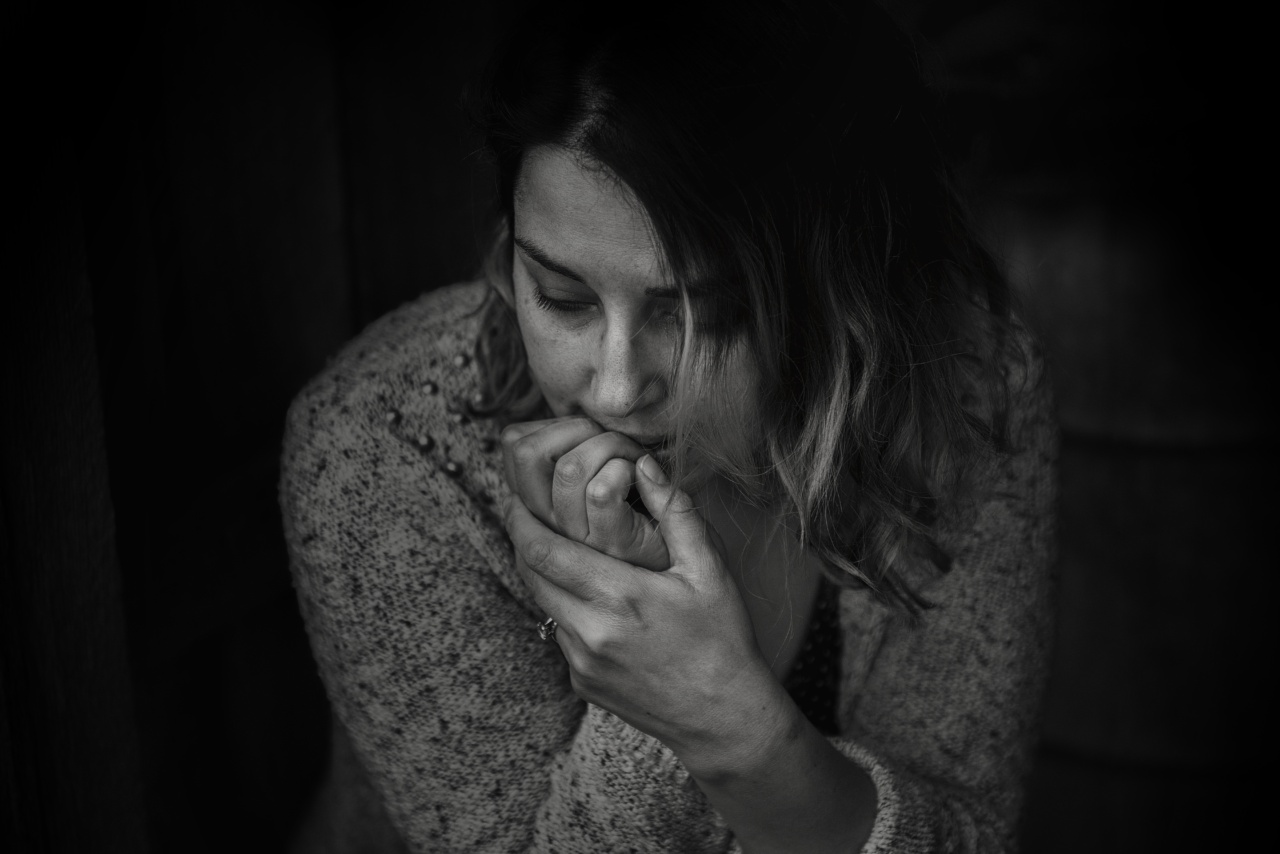Depression has become a common mental health disorder among young people. The youths nowadays face a range of challenges, including academic pressure, social anxiety, and a new pandemic world.
Music is emerging as a valuable therapy for depression among young people. In this article, we explore the reasons why music is the best therapy for depression in young people.
Music improves mood
Music has a profound effect on our emotions. Listening to music can uplift our mood, reduce stress levels, and improve mental well-being. Scientific evidence backs up the mood-boosting effects of music.
Numerous studies have shown that music can trigger the release of happy hormones, such as endorphins, dopamine, and serotonin, which help relieve symptoms of depression.
Music helps in expressing emotions
Expressing emotions is an essential part of managing depression. Young people with depression may find it challenging to express their feelings, leading to further isolation and worsening of symptoms.
Music offers an outlet for young people to express their emotions in a safe and creative way. Playing an instrument, writing lyrics, or singing can provide a channel for young people to communicate their thoughts and feelings effectively.
Music provides a distraction
Depression can make it difficult for young people to focus on anything besides their negative thoughts. Music offers a powerful distraction from negative self-talk and worries.
When listening to music, young people can focus on the melody, lyrics, or rhythm, which takes their mind off negative thoughts. This distraction can help bring a sense of calm and relaxation, reducing symptoms of depression.
Music encourages social connections
Depression can lead to social isolation and withdrawal. Music provides an opportunity for young people to connect with others with similar interests.
Participating in music-related activities, such as attending concerts or joining a band, can be an excellent way for young people to build new connections and form supportive relationships with one another. These connections can provide much-needed emotional support and help alleviate the symptoms of depression.
Music provides structure and routine
Depression can make it challenging to stick to routines and daily habits. Music can provide a structured activity that young people can incorporate into their daily routine.
Learning to play an instrument, practicing music, or attending music events can help young people establish a sense of structure and routine in their daily lives. This structure can be beneficial in managing symptoms of depression, including lack of motivation and low energy levels.
Music therapy is evidence-based
Music therapy is a form of therapy that uses music to improve mental health. According to research, music therapy is a valid form of treatment for depression in young people.
Music therapy can help young people with depression by improving mood, reducing stress, and improving overall well-being. It can also provide a safe and creative outlet for emotional expression and offer valuable social connections.
Music therapy is non-invasive
Music therapy is a non-invasive form of treatment that has no known negative side effects. Unlike some antidepressant medications, music therapy does not have adverse effects on the body or mind.
It is a safe and effective alternative or addition to traditional treatments, such as medication and talk therapy.
Music as a self-care practice
Self-care practices are essential in managing depression. Music can be an excellent form of self-care.
Listening to music, playing an instrument, or singing, can provide an opportunity for young people to care for themselves and improve their overall well-being. Incorporating music into a self-care routine can help young people manage symptoms of depression and improve their quality of life.
Conclusion
Depression is a common mental health disorder among young people. Music therapy is emerging as a valuable treatment option for depression in young people.
Music enhances mood, provides an outlet for emotional expression, encourages social connections, and offers structure and routine. Music therapy is an evidence-based, non-invasive form of treatment that can improve overall well-being and mental health. Incorporating music into a self-care routine can also be a helpful way to manage symptoms of depression.






























